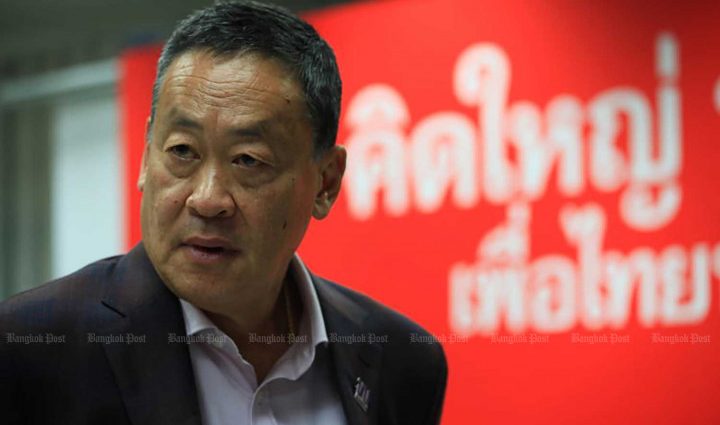NACC seeks to ensure that cash handout won’t give rise to corruption
PUBLISHED : 26 Oct 2023 at 16:42

The National Anti-Corruption Commission (NACC) has resolved to look into possible loopholes in the government’s digital wallet programme that could lead to corruption costing taxpayers hundreds of billions of baht.
The anti-graft body plans to set up a committee with public and private-sector representatives to study the digital money handout and sound out opinions about it, according to a source at the Office of the NACC.
The distribution of 10,000 baht in digital cash to every Thai over age 16 is the centrepiece of the Pheu Thai Party’s economic revival plan. Originally expected to cost as much as 560 billion baht, it now appears likely to be scaled back substantially and could also be delayed.
Amid growing uncertainty about how the scheme will be financed, authorities are now considering limiting the handout to poor people.
According to the NACC source who asked not to be named, the new investigative committee will be headed by commissioner Supa Piyajitti. During her former tenure as a deputy permanent secretary at the Ministry of Finance, Ms Supa was known for her investigation of the corruption-plagued rice-pledging programme of the Pheu Thai-led government of former prime minister Yingluck Shinawatra.
Other members of the committee will come from the State Audit Office, the Office of the Attorney-General, the Office of the Ombudsman, the Council of State, the Election Commission, the Bank of Thailand, the Thai Bankers’ Association, the Federation of Thai Industries, the Board of Trade, and the economics deans of Chulalongkorn, Thammasat and Kasetsart universities.
The committee will recommend ways to prevent and solve possible corruption in the digital wallet policy and present its findings to the NACC.
Former senator Rosana Rositrakul last week filed a petition with the State Audit Office, asking it to scrutinise and suspend the digital wallet scheme, saying it is potentially damaging.
The digital wallet is not a new idea, noted Sirikanya Tansakun, deputy leader of the Move Forward Party. She said a very similar programme was tried in Japan in 1999, and may have been the inspiration for the Pheu Thai policy.
Noting that a follow-up study showed the Japanese programme had little impact, she has also urged the government to reassess the project.

